Doha, Qatar, 16 Sya’ban 1437/25 May 2016 (MINA) – The 16th Doha Forum has wrapped up with speakers from around the world touching on issues ranging from global and regional security to conflict resolution and climate change.
The conference, organised by Qatar’s foreign ministry, was attended by heads of state from South Africa, Afghanistan, Yemen, Mauritius, and Niger, along with Ban Ki-moon, the UN secretary general, Aljazeera reported, as quoted by Mi’raj Islamic News Agency (MINA).
Sheikh Mohammed bin Abdulrahman Al Thani, Qatar’s foreign minister, delivered the country’s statement as Sheikh Tamim bin Hamad Al Thani, Emir of Qatar, sat in attendance.
He stressed the need to support human rights and bolster security for the people of the Middle East region – and around the world.
Also Read: Israeli Army Chief Slams Netanyahu’s ‘Humanitarian City’ Plan for Gaza
“Repression, tyranny, double standards and violating human rights and basic freedoms constitute the underlying threats to elements of human security,” he said.
According to Sheikh Mohammed, achieving peace in the volatile Middle East is directly linked to ending the Israeli occupation of the Palestinian territories, including Jerusalem.
His remarks, meanwhile, read as a clear policy statement that sets the parameters of Qatar’s foreign policy when it comes to its approach and dealings with the region’s combustible environment.
He also made it clear the main foreign policy instrument of his country is the soft diplomacy of “mediation” efforts, while at the same time “discouraging the use of force to resolve disputes”.
Also Read: Israeli Forces Target Lifeline Water Tankers in Gaza
It is worth mentioning that Qatar’s foreign policy has witnessed a paradigm shift that started with the ascension of Sheikh Tamim to power in 2013.
That shift came to address, in part, some of the past regional criticism of its more assertive foreign policy.
This is particularly important because the region is now more unstable than ever before with active wars in Yemen, Syria, Iraq and Libya.
Qatar’s falling back on its primary foreign policy doctrine of “mediation” is perhaps designed to help regional actors reach a point where keeping their countries intact and stabilised becomes a priority and in their own interests. It also helps to enhance Qatar’s regional standing as an indispensable partner in a chaotic and burning region.
Also Read: Israeli Forces Kidnap Over 32 Palestinians in West Bank Raids
Sheikh Mohammed also criticised the international community for failing the Syrian people and its inability to the end “the humanitarian catastrophe” there.
Ramona Manescu, European Parliament member from Romania, criticised Russia in one of the sessions for its intervention in Syria on behalf of President Bashar al-Assad, saying it has prolonged the suffering of the Syrian people.
Manescu accused Russia of using Syria as a card to leverage it with the West against sanctions imposed over Russia’s war in Ukraine and the annexation of Crimea in 2014. (T/R07/R01)
Mi’raj Islamic News Agency (MINA)
Also Read: Illegal Israeli Settlers Destroy Palestinian Water Wells in Occupied West Bank





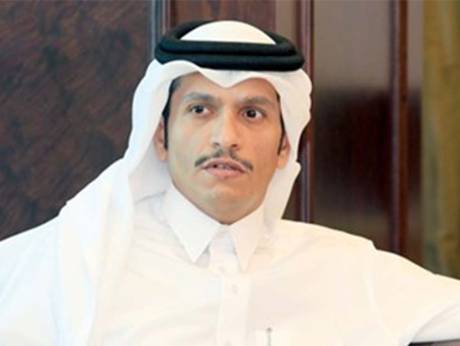

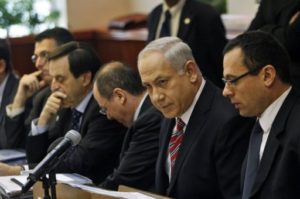
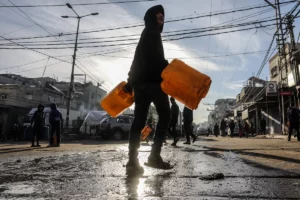


![Israeli tanks and APC’s gather by the Israeli – Lebanese border. Amid Israel’s escalating campaign against Hezbollah in Lebanon on September 30, 2024. [Erik Marmor/Getty Images]](https://en.minanews.net/wp-content/uploads/2024/10/IMG_20241001_203226-300x197.jpg)


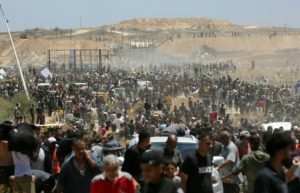

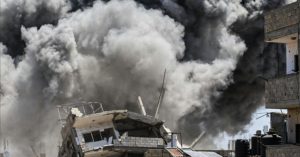
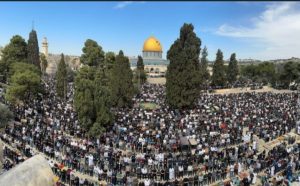
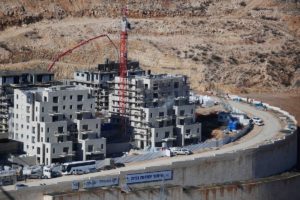
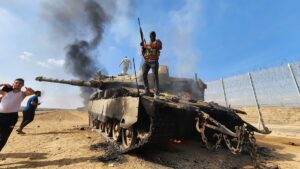



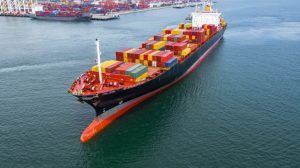


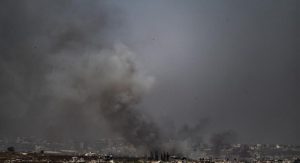




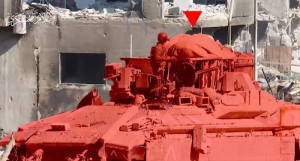



 Mina Indonesia
Mina Indonesia Mina Arabic
Mina Arabic